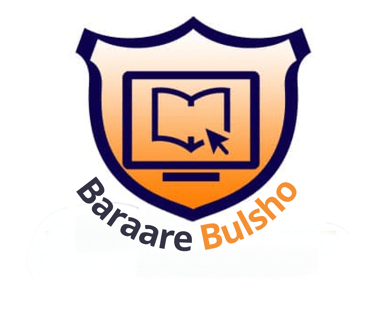What is Lexical resource?
9/20/2025
Lexical resource is one of the four scoring criteria in IELTS Speaking and Writing. It makes up 25% of the score, which means vocabulary plays a major role in achieving Band 7 or higher. Many students think lexical resource only means “big words” or “academic words.” However, the examiners are more interested in range, accuracy, collocations, and natural use of vocabulary (IDP IELTS, 2023).
For example, a Band 5 student might say, “My hometown Bosaso is good and big.” This sentence is simple, repetitive, and does not show much variety. A Band 7 student, on the other hand, might say, “Bosaso is a lively commercial city with an international seaport and airport that connect it to the world.” This response uses topic-specific words like commercial, seaport, and connect, which are accurate and natural.
Lexical resource is assessed in several ways. First, students need to show range by using different words rather than repeating the same ones. Second, they need accuracy, meaning that words are used in the right way. For example, it is correct to say make progress but not do progress. Third, examiners look for flexibility through paraphrasing and synonyms. Instead of repeating the word important, students can use essential, vital, or crucial. Finally, lexical resource also includes naturalness, which means using words and expressions that sound natural in English (IELTSMaterial, n.d.).
Developing lexical resource requires consistent practice. Students should build vocabulary by topic. Common IELTS topics include education, family, health, technology, and the environment (British Council, n.d.). For example, Somali students can practice sentences such as “Education plays a vital role in Somalia’s development” or “Climate change has made farming more difficult for rural families.” These examples connect vocabulary with real contexts.
Students should also focus on learning collocations. These are natural word partnerships such as heavy rain, close-knit family, or face challenges. Learning collocations helps to make answers sound natural and accurate (Cambridge Dictionary, n.d.).
To strengthen vocabulary memory, students can use flashcards with spaced repetition, which show words at regular intervals until they are learned. Tools such as Flashcards World allow students to create their own sets of vocabulary and review them on a daily basis (Flashcards World, n.d.).
In conclusion, lexical resource is not about using difficult or unusual words. It is about using vocabulary naturally, accurately, and in context. With practice and the right strategies, students can improve their lexical resource and reach higher IELTS bands.
References
British Council. (n.d.). Vocabulary. LearnEnglish. https://learnenglish.britishcouncil.org/vocabulary
Cambridge Dictionary. (n.d.). Collocations. https://dictionary.cambridge.org/dictionary/english/collocation
Flashcards World. (n.d.). Spaced repetition flashcards. https://flashcards.world/
IDP IELTS. (2023). L is for Lexical Resource. https://ielts.idp.com/prepare/article-l-is-for-lexical-resource
IELTSMaterial. (n.d.). The A-Z of IELTS Lexical Resource. https://ieltsmaterial.com/the-a-z-of-ielts-lexical-resource/
Please click the names of the sources below to see official websites.
